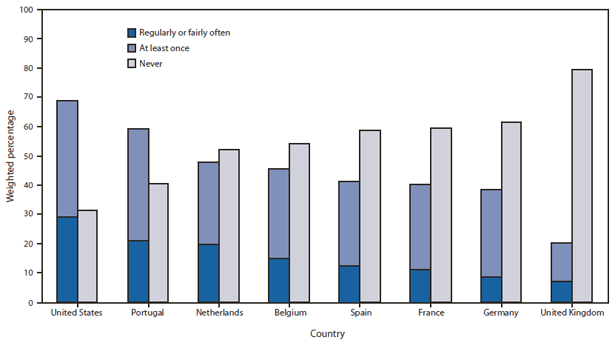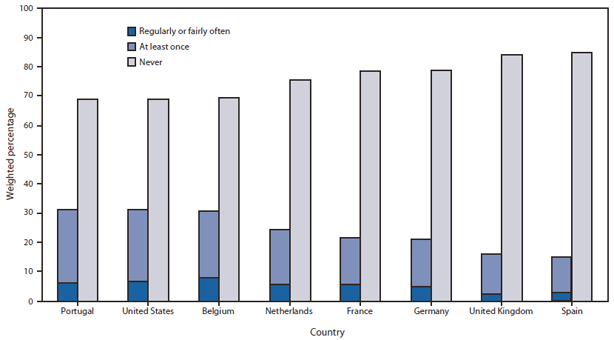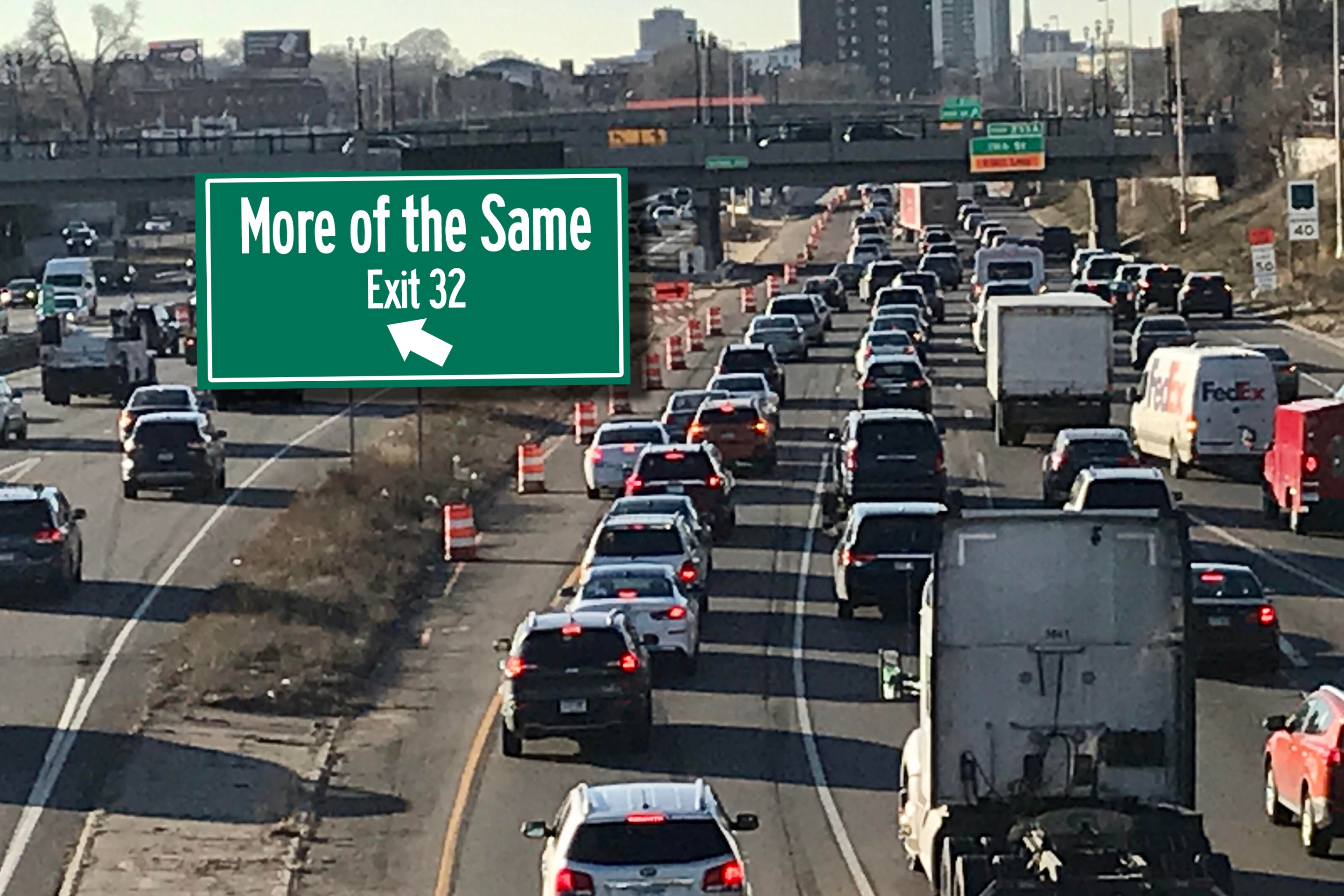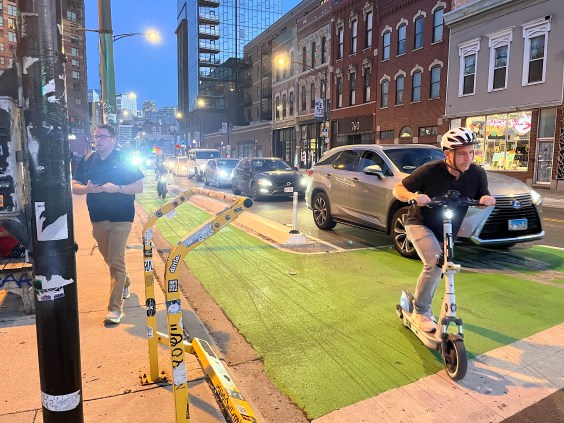
If you've been on a U.S. street anytime in the past few years, it comes as no surprise to hear that way too many Americans are yammering away on their cell phones -- or worse, OMG'ing and LOL'ing with their friends on text and email -- while driving. A new report from the CDC -- from their "Morbidity and Mortality Weekly Report" -- shows just how bad the American habit is.

The CDC looked at 2011 data on distracted driving rates in Belgium, France, Germany, the Netherlands, Portugal, Spain, the United Kingdom, and the United States and found that people in the U.S. are by far the worst offenders. Of all the Europeans surveyed, the Portuguese most closely mirrored our dangerous ways.
More than two-thirds (68.7 percent) of U.S. adult drivers (aged 18–64) admitted in surveys to talking on their cell phones while driving at least once in the past 30 days. Almost a third (31.2 percent) admitted to reading or sending texts or e-mails while driving at least once during that time.
Our Portuguese counterparts had the highest rates in Europe for both of these behaviors -- 59.4 percent said they'd talked on the phone and 31.3 percent had texted or emailed while driving in the past 30 days. But from there, the rates in Europe plummet. In the UK, just 20.5 percent admitted to talking while driving, and only 15.1 percent of Spaniards say they text and drive.

Cell phone ownership rates don't seem to be a factor in the statistics: The CDC reports that "mobile markets in developed countries are similarly saturated." However, automobile use does differ: While there were 797 vehicles per 1,000 people in the United States in 2010, there were only 519 in the UK. Meanwhile, the cell-phone-happy Portuguese had 537 cars per 1,000 people.
Cell phone use while driving is an enormous safety problem in this country. NHTSA reports that distraction-related crashes kill more than nine people and injure more than 1,060 every day in the U.S. The effects of distraction are severe: According to U.S. DOT's website on the issue, Distraction.gov, "Sending or reading a text takes your eyes off the road for 4.6 seconds. At 55 mph, that's like driving the length of an entire football field, blindfolded."
Thirty-three U.S. states and the District of Columbia have laws restricting cell phone use while driving, at least for teens, but these laws haven't yet proven effective at getting people to change their behavior.





